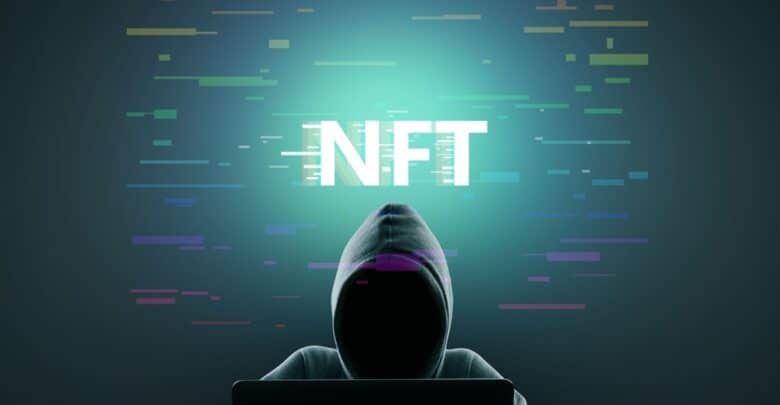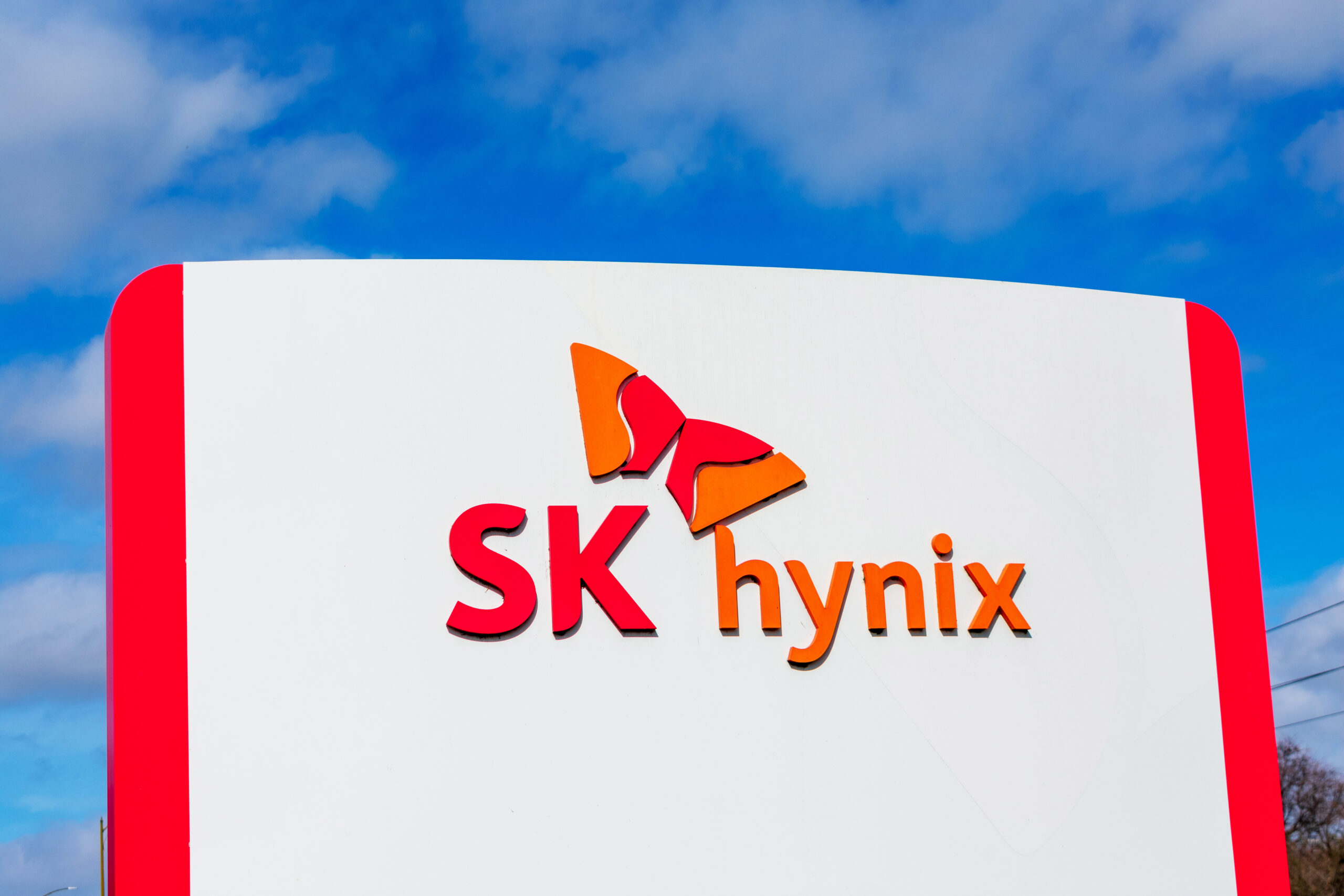Security Team Develops Dashboard Which Detects NFT Hacks On OpenSea

A team focused on wallet security has launched a real-time dashboard for the OpenSea marketplace. This dashboard allows community members to detect, monitor and track possible NFT hacks through offline signatures.
ZenGo Wallet Creators Unveils New Tool On OpenSea
The creators of the crypto wallet ZenGo have devised a straightforward approach for detecting NFT hacks. Their method involves monitoring completed NFT trades in the market and comparing the trade amount to the floor price of the NFT collection.
In cases where the ratio between the two values appears unusually low, it will trigger a potential hack alert. As of February 22nd, the dashboard has identified NFT hacks of about $25 million done using offline signatures.
Tal Be’ery, who serves as ZenGo’s Chief Technology Officer, explained that offline signatures hack differs from others in two distinct ways. First, he said this kind of hack lacks a standard method of indicating the significance of the messages that users must sign.
As a result, users have no choice but to rely on the message without fully comprehending its implications. Also, users sign them without being fully aware of what permissions they are granting.
Moreover, Be’ery clarified that this type of hack involves the contractual obligations of platforms. He argued that NFT platforms bear some measure of responsibility in this hack.
When queried regarding potential remedies for this issue within the community, the executive asserted that no viable solutions were available. He stated, “users can use some browser extensions that offer limited insight into certain types of offline signatures.”
However, this approach does not encompass all such signatures. As a result, the extensions require periodic updates to accommodate new forms of offline signatures.
ZenGo Working With Ethereum Foundation
In the meantime, the ZenGo team has reportedly commenced collaboration with the Ethereum Foundation, other wallets, and different decentralized applications to facilitate a prospective Ethereum Improvement Proposal (EIP) aimed at remedying the issue.
Be’ery explained, “the proposed EIP empowers a contract to explain what an offline signature asks. The wallet applicable will then present it to the user who can make an informed judgment on whether to sign the offline signature or not, rather than doing so blindly.”
Likewise, the community’s other entities have cautioned about gasless transactions on OpenSea. Last December, the anti-theft project Harpie alerted the community about a fraudulent scheme in which OpenSea users are at risk.
The scam involves users blindly approving signatures and a private auction. Meanwhile, Blur, a new NFT marketplace, has emerged as a favorable competitor to OpenSea.
Tokenhell produces content exposure for over 5,000 crypto companies and you can be one of them too! Contact at info@tokenhell.com if you have any questions. Cryptocurrencies are highly volatile, conduct your own research before making any investment decisions. Some of the posts on this website are guest posts or paid posts that are not written by Tokenhell authors (namely Crypto Cable , Sponsored Articles and Press Release content) and the views expressed in these types of posts do not reflect the views of this website. Tokenhell is not responsible for the content, accuracy, quality, advertising, products or any other content or banners (ad space) posted on the site. Read full terms and conditions / disclaimer.




